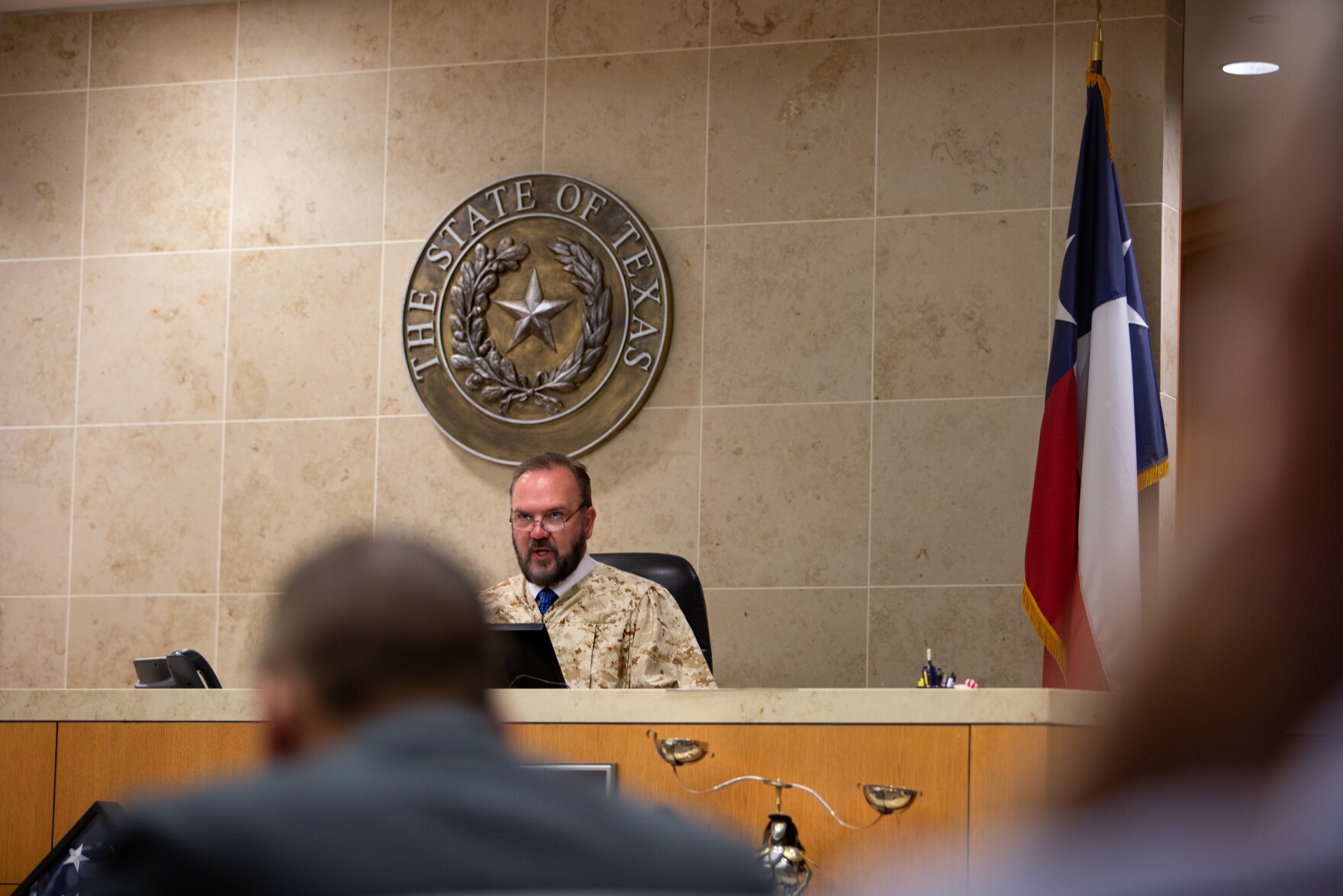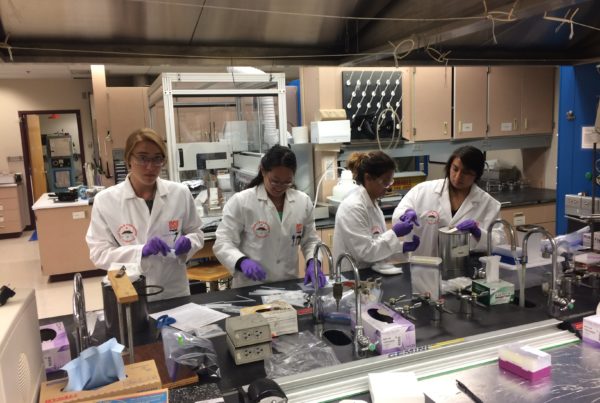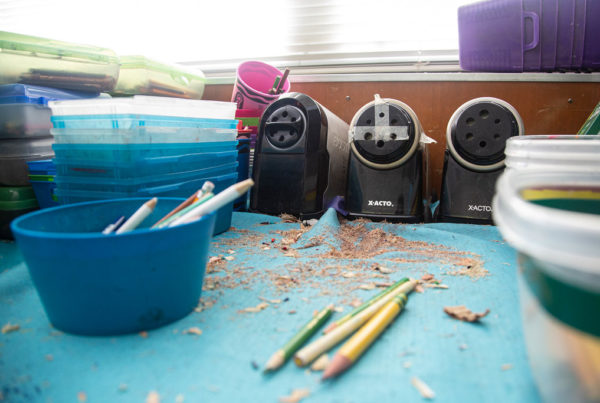From KERA News:
Addiction had a grip on John Osbourn’s life for 25 years.
It started when he was discharged from the Navy after an accident in 1995. He had broken bones, a concussion and a separated shoulder. So, the doctors prescribed pain killers — something Osbourn had never taken. Later, he’d depend on those pills.
That set him on a path that ultimately led to criminal charges — and a courtroom in Collin County.
Osbourn, who had turned to crime to support his drug habit after the doctors stopped prescribing pain killers, could’ve gone to prison for as long as 15 years. It would’ve been his fourth time incarcerated. Instead, the judge sent him for treatment at the North Texas Regional Veterans Court, which focuses on helping veterans involved in the criminal justice system.
John Roach Jr., the presiding judge for the 296th District Court, started the veteran’s court in Collin County in 2013. It’s funded by a grant from the Texas Veteran’s Commission. Roach started the court because he saw a need for a veteran-specific approach in the criminal justice system for people like Osbourn.
“I knew that the regular criminal justice system that we have was just not equipped to handle veterans,” he said.
Greg Rosas, also a Navy veteran, said that makes a difference. He’s participating in the veteran’s court and said the structure of the court is familiar. The judge and his staff use military jargon, and there’s a chain of command — just like the military.
Rosas said that familiar language is a comfort to many veterans.
“It’s a little bit different than what … most people are used to,” he said. “But as a veteran, you embrace that because you’ve done this before.”
Brennan Jones, the program coordinator for the court, said that common ground makes a difference. She said many of the people working on the veteran’s court team have served in the military — she and Roach were both in the Marines.
Because of that shared experience, Jones said people at veteran’s court can provide the same rigorous level of accountability and camaraderie people experience in military service.
“It’s reestablishing that unity, that cohesive unit that that so many people miss, and then having that support,” she said.
Roach, who volunteers his Fridays to run the veterans court, tries to create a family environment in his courtroom. The judge calls people by nicknames like “SpongeBob” and gets down on the floor in his camo print judge’s robe to do push-up contests with the veterans. There’s often laughter and good-natured ribbing.
There’s also accountability. Roach keeps track of each veteran’s progress. He’s the one who decides if veterans get to go on a trip to Key West with their brother or Tulum with their friends — and he’s the one who orders the drug tests for when they return from that trip.
Roach also checks in with each veteran to see how the court can help their recovery. Jackey Babb, an army veteran and the program’s mentor coordinator, said that’s unusual for people in the military. He said the military teaches people they don’t need to ask for help.
“That is devastating to our military culture because, in the most subtle and innocent way, when we learn to ask for help, that’s when we learn to live life on life’s terms,” Babb said.
Osbourn struggled for years after doctors stopped prescribing pain killers for his injuries and he was in agony because of the pain. But he tried to tough it out. And he self-medicated.
“My whole body was aching,” he said. “So, I turned to other methods of getting drugs that would alleviate that pain.”
Those drugs included cocaine, and eventually intravenous methamphetamines. Osbourn turned to crime to support his habit, landing him in and out of prison and different rehabs. It seemed like the grip of his addiction would never loosen.
Coping tools he ultimately learned about in veterans court made a big difference during a critical period of his life. In February, his daughter was born. Less than a month after that, Osbourn’s 28-year-old son from his previous marriage died from a drug overdose.
Before, either one of those events would’ve caused Osbourn to lose control — the extreme high of his daughter being born and the extreme low of losing his son would’ve been too much to handle.
“The old me would have caved in and I would have I would have given up, no doubt about it,” he said.
But that didn’t happen this time. Instead, Osbourn called the veterans court for help with setting up a memorial for his son. The grip of addiction didn’t tighten on Osbourn again.
Osbourn is in the final phase of the veteran’s court program. He said he’s expecting to finish this December. The court doesn’t want to see him return, unless it’s to visit. Jones said the program’s main goal is to never see that veteran involved in the criminal justice system again.
Roach, whose court now covers five counties and includes an in-custody rehab program, has an even bigger goal — he hopes that one day, things will improve so much for veterans that these types of courts are no longer necessary.
“It’d be just perfectly fine with me if we didn’t need veteran’s courts anymore,” Roach said.
Until then, Roach said he’ll continue to run his veteran’s court as a model for similar courts across the country.














